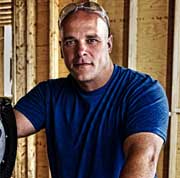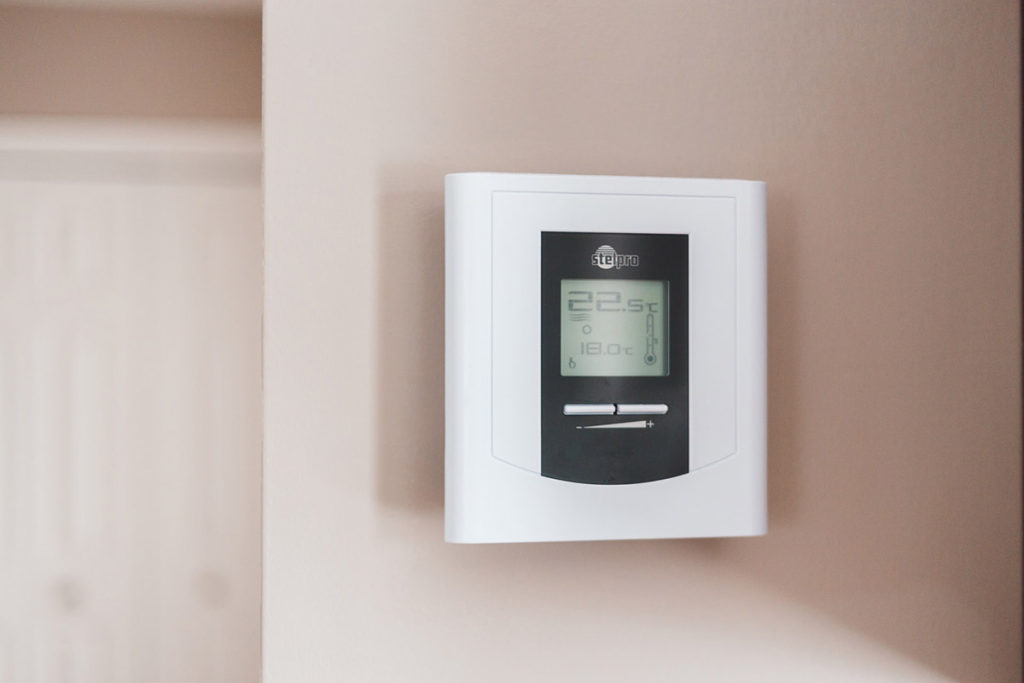When outdoor temperatures are cold, HVAC systems must overwork to circulate air in your house to maintain your desired indoor temperatures. During this time, the system gathers a lot of debris and dust. Debris build-up hinders your system’s performance and results in unnecessary component wear.
When it snows, air humidity rises, causing your AC to work harder, which leads to more energy use and bills. Understanding the heating system issues you might face can help you prepare for the cold season better. Outlined below are six HVAC problems during winter.
1. Ventilation blockage
Winter affects your HVAC system’s efficiency in various ways, including airflow blockage. When heavy ice and snow accumulate in or on your AC system, they make it more difficult for air to flow smoothly as it will need extra pressure to send air through your indoor space. The more pressure the system requires, the more the wasted energy, leading to a poorly functioning HVAC and increased energy bills.
Since this problem isn’t easy to spot, contacting HVAC professionals to conduct a quick unit inspection can help ensure any ventilation concerns are addressed. For instance, if you reside in Utah, researching the best HVAC Utah services can help you find trusted local contractors to ascertain optimal unit functioning throughout winter.
2. Clogged or dirty air filters
During winter, heat pumps and furnaces run constantly to beat the cold, meaning a lot more air circulates through the air filters, which leaves behind a significant debris amount to coat the filters. Dirty/clogged filters restrict airflow, forcing your HVAC system to work for longer and harder, pushing air through the filters and circulating it throughout your indoors. This results in higher utility bills.
When air filters get dirty or clogged, heated air doesn’t flow freely throughout your home, leading to cold spots. The stress crucial HVAC components face due to this issue raises the risk of sudden system failure during the cold months. Consider getting your air filter replaced regularly in winter, as the unit will be in constant use.
3. Frozen pipes
Winter’s cold weather increases the possibility of pipes freezing, leading to potential HVAC system malfunctions. Exposed pipe insulation and adequately heating parts with pipes are preventive approaches every homeowner should take. In addition, keeping up with routine maintenance can help you spot vulnerable areas and get them fixed promptly, safeguarding your unit against the winter chill.
Additionally, familiarizing yourself with frozen pipe signs, including strange noises whenever water is turned on and pipe condensation, enables you to take timely action, preventing heating system malfunction and possible home water damage.
4. Ice and snow build-up
Winters accompanied by heavy ice and snowfall create a demanding environment for AC systems. When ice and snow accumulate around your unit’s exterior, the build-up restricts airflow and lowers the HVAC’s efficiency, impacting your home’s comfort and resulting in high energy consumption and utility bills. Keeping the area around the HVAC clear and installing a protective system can help safeguard it against snow build-up and falling icicles.
5. Thermostat malfunctions
Thermostat problems are common heating system issues in winter whose signs include:
- The furnace is not turning off and on automatically
- Inconsistent temperatures
- The thermostat’s display is dark or blank
- Constant thermostat issues even after battery change
You can resolve thermostat problems by replacing or rewiring the unit. Getting the thermostat calibrated and cleaned can also help.
6. Carbon monoxide leaks
A report found that carbon monoxide poisoning and exposure are highest during winter and fall because homeowners are likely to use heaters and gas furnaces more. Since this gas is odorless and colorless, failure to monitor it can lead to unexpected illness or even death. Installing a carbon monoxide detector and getting your furnace checked regularly can help prevent this problem.
Endnote
Winter weather comes with a lot of heating system issues. Understanding the HVAC problems to expect during winter can help ensure a properly functioning system.











